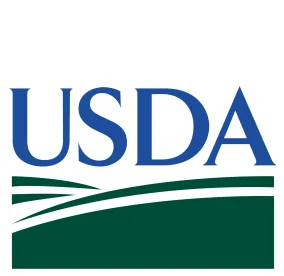-
Last year several food organizations, including the Center for Food Safety and Natural Grocers among others, filed a motion for summary judgment seeking to invalidate USDA’s national bioengineered (BE) food disclosure standard (the “Standard”) on the grounds that it is unconstitutional and inconsistent with its authorizing statute, the National Bioengineered Food Disclosure Act (the Disclosure Act).
-
By way of background, the mandatory compliance date for the Standard was January 1st of this year, and without any court ruling on the merits of the case, all regulated entities are expected to comply with the Standard.
-
Plaintiffs challenge the Standard in part on the following grounds:
-
The Standard exempts highly processed foods which contain no detectable BE material. Plaintiffs argue that such foods can and likely will contain BE material and that the exemption is contrary to the Disclosure Act’s mandate to implement regulations covering disclosure of “any bioengineered food and any food that may be bioengineered” (emphasis added). They also argue that the exemption, which does not mandate the use of any particular technologies, creates a shifting standard and serves as a disincentive for food companies to develop and to use more sensitive technologies. Further, they argue that consumers want to know whether the food they are eating is part of the BE crop system (e.g., because of potential environmental impacts) and are not focused on whether BE material can be detected in the food.
-
The Standard mandates the term “bioengineered,” and disallows use of words such as “genetically engineered” and GMO, which Plaintiffs argue are terms better understood by consumers and widely used by a variety of stakeholders, including consumers, industry, and government agencies, including USDA itself.
-
Plaintiffs argue that USDA’s own study demonstrated that the QR code disclosure option fails to provide many consumers with a feasible means to access information and therefore the standalone QR code disclosure option runs afoul of the Disclosure Act.
-
Finally, the motion argues that the Standard is unconstitutional for a variety of reasons, including that it prevents truthful and not misleading commercial speech (e.g., through prohibition of use of the word GMO).
-
Legal Challenge to BE Food Disclosure Standard
Tuesday, January 4, 2022
Current Public Notices
Published: 8 September, 2025
Published: 8 September, 2025
Published: 4 September, 2025
Published: 3 September, 2025
Published: 28 August, 2025
Published: 25 August, 2025
Published: 25 August, 2025
Published: 22 August, 2025
Published: 20 August, 2025
Published: 20 August, 2025
Published: 18 August, 2025
Published: 18 August, 2025
Published: 11 August, 2025
Published: 8 August, 2025
Published: 26 June, 2025



 />i
/>i

